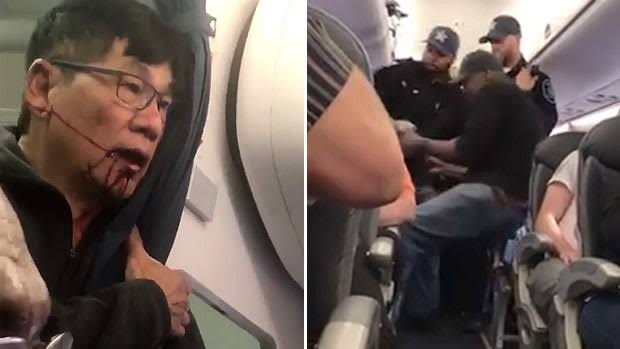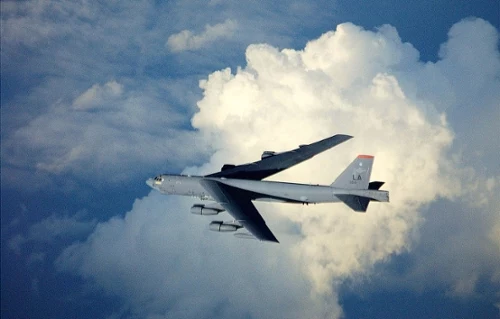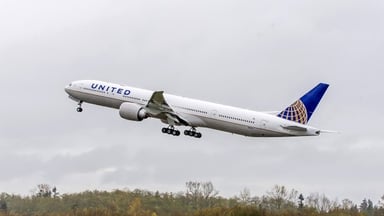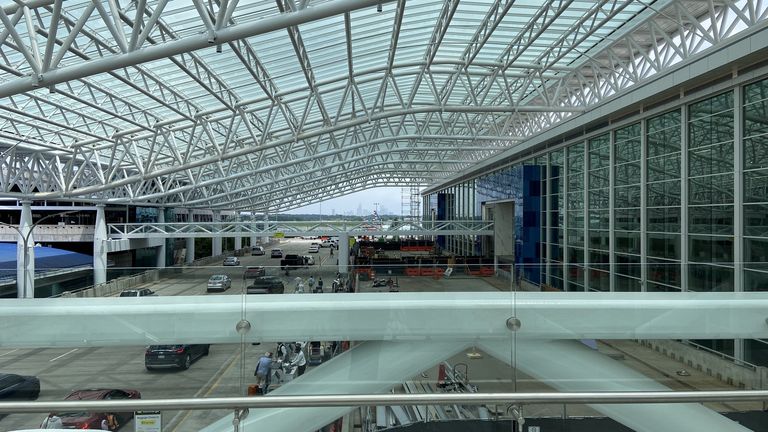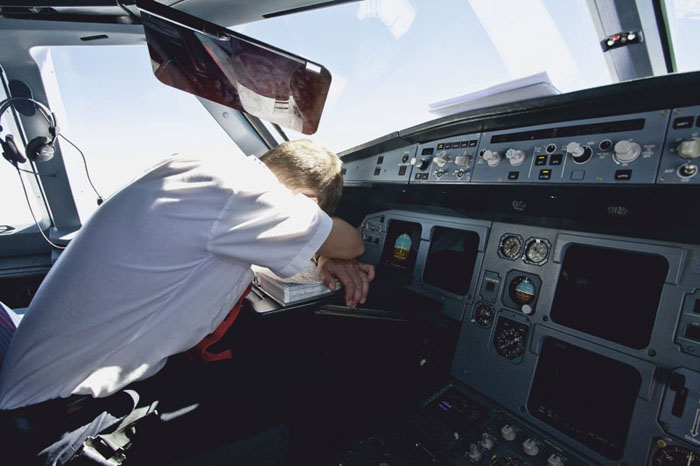United passenger David Dao launches legal action over removal from overbooked flight
The incident involving Dr. David Dao’s violent removal from United Airlines Flight 3411 on April 9, 2017, became one of the most infamous examples of airline misconduct, sparking international outrage and leading to a significant public relations crisis for United Airlines. The event underscored the tensions between corporate policies, customer rights, and the harsh realities of overbooking, which is a common practice in the airline industry. The subsequent lawsuit settlement marked a turning point for the airline, compelling it to overhaul its procedures and policies.
Background of the Incident
Dr. David Dao, a 69-year-old physician, was forcibly removed from United Express Flight 3411 from Chicago to Louisville, Kentucky, to make room for crew members who needed to board the flight. United had overbooked the flight and, after failing to find volunteers to give up their seats in exchange for compensation, randomly selected four passengers to be removed. Dr. Dao, one of the selected passengers, refused to leave his seat, stating that he needed to see patients the next day.
United then called in security officers, who violently dragged Dr. Dao off the plane, causing him significant injuries, including a broken nose, a concussion, and the loss of two teeth. The incident was captured on video by fellow passengers, and the footage quickly went viral, leading to widespread condemnation of United Airlines.
Public Outcry and Corporate Fallout
The public reaction to the incident was swift and severe. Social media exploded with outrage, and the videos of Dr. Dao’s removal were viewed millions of times within hours. The incident highlighted not only the issue of overbooking but also the lack of empathy and customer care shown by United Airlines. The company faced a barrage of criticism from consumers, politicians, and advocacy groups, who called for greater regulation of airline practices.
United Airlines’ initial response exacerbated the situation. The airline’s CEO, Oscar Munoz, initially issued a statement that was widely criticized as tone-deaf, referring to the incident as a “re-accommodation” and praising employees for following protocol. It was only after the backlash intensified that Munoz issued a public apology, stating, “No one should ever be mistreated this way.” However, the damage had already been done. United’s stock briefly dropped, and the company’s reputation was severely tarnished.
The Lawsuit and Settlement
Dr. Dao filed a lawsuit against United Airlines and the City of Chicago, which employed the security officers involved in his removal. The lawsuit sought compensation for the physical and emotional trauma Dr. Dao endured. The legal team representing Dr. Dao argued that the incident was not just a case of mishandling but a blatant violation of civil rights.
United Airlines quickly moved to settle the lawsuit, likely recognizing the long-term risks and costs associated with a protracted legal battle. On April 27, 2017, less than three weeks after the incident, United and Dr. Dao reached a confidential settlement. The terms of the settlement were not disclosed, but it was widely speculated to involve a substantial financial payout. The swift settlement allowed United to avoid a prolonged court case that could have further damaged its reputation.
Impact on United Airlines’ Policies
The fallout from the Dr. Dao incident forced United Airlines to implement significant changes to its policies and practices. In the weeks following the incident, the airline announced a series of reforms aimed at preventing a repeat of the events on Flight 3411. These changes included:
- Increased Compensation for Voluntary Bumping: United increased the maximum compensation offered to passengers who voluntarily give up their seats on overbooked flights to $10,000. This was intended to encourage more passengers to volunteer, reducing the need for involuntary removals.
-
No More Involuntary Removals for Seated Passengers: United committed to not using law enforcement to remove passengers who are already seated on the plane, except in cases of security or safety concerns.
-
Reduction in Overbooking: United reduced the number of flights that are overbooked and made changes to its overbooking policy, particularly on flights where customers are unlikely to volunteer their seats.
-
Improved Crew Accommodations: The airline implemented a policy requiring that crew members be booked onto flights at least 60 minutes before departure, to avoid displacing passengers who have already boarded.
-
Training and Empowerment of Employees: United launched a new training program for its employees, focusing on de-escalation techniques, customer service, and the use of creative solutions to avoid conflicts. Employees were also given more authority to resolve customer service issues on the spot.
Broader Industry Repercussions
The Dr. Dao incident and its aftermath had ripple effects across the airline industry. Other airlines began reevaluating their own policies regarding overbooking and customer treatment. The incident prompted lawmakers to call for regulatory changes, with some proposing legislation to limit or ban the practice of overbooking. Although no significant federal laws were passed directly as a result of the incident, it intensified discussions about passengers’ rights and airline accountability.
The incident also sparked a broader debate about the power dynamics between airlines and passengers. Overbooking had long been a standard practice, but the Dr. Dao case highlighted the potential for abuse and the need for greater transparency and fairness. Many consumers began to demand better treatment and clearer communication from airlines regarding their rights in cases of overbooking, delays, and cancellations.
United Airlines’ Recovery and Lessons Learned
In the years since the incident, United Airlines has worked hard to repair its image. The airline has made customer service a central focus of its operations, aiming to rebuild trust with its passengers. CEO Oscar Munoz acknowledged that the incident was a turning point for the company, stating that it served as a catalyst for much-needed change within United.
While the incident was undoubtedly a low point for United Airlines, it also served as a crucial lesson in the importance of customer care and the consequences of poor corporate decision-making. The swift settlement of Dr. Dao’s lawsuit allowed United to move forward, but the incident remains a reminder of the risks that companies face when they prioritize policy enforcement over humane treatment.
The settlement of the lawsuit over Dr. David Dao’s violent removal from United Airlines Flight 3411 marked the end of a significant legal chapter but also the beginning of a broader transformation within the airline industry. United Airlines’ handling of the situation, both before and after the settlement, underscores the importance of balancing corporate interests with the rights and dignity of passengers. While the financial terms of the settlement remain confidential, the impact of the incident on United Airlines’ policies, reputation, and the industry as a whole is evident. The case serves as a powerful reminder of the need for airlines to treat every passenger with respect, ensuring that such an incident never occurs again.
